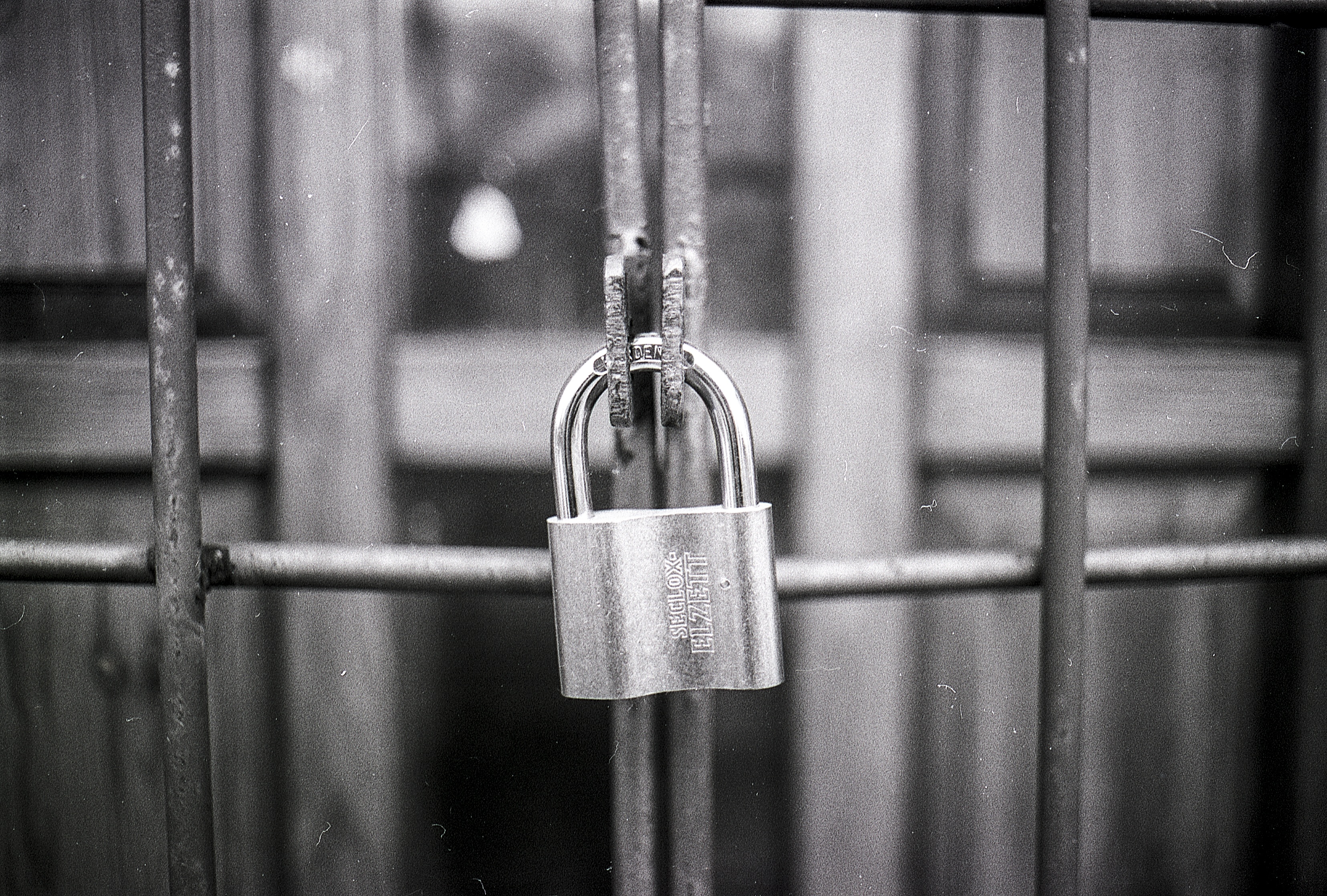
How often are you prompted for your password in a week? Too many to count, right? And how often do you get stuck trying to remember the right one before you are locked out or need to reset your password?
Password protection is essential, you need to keep your accounts safe and remember all your passwords. Here are a few tips & tricks to help you protect and create secure passwords.
WHAT YOU SHOULD BE DOING
- Use a different password for each of your accounts. If someone discovers your password they most likely will be able to quickly access multiple accounts before you can change them all.
- Change your passwords for important accounts regularly (i.e. banking, email). Most companies and many websites force you to do this as part of their own security protocol.
- Do not use any personal details when creating a password. No birth dates, children’s names or your address.
- Your password should be a minimum of 8 characters; use 12 to be more secure.
- Make your password stronger by using a combination of letters (upper and lowercase), numbers, and special characters. For example, use the number 5 in place of the letter S.
- If you write or save your passwords in a list don’t make it easy or obvious to find the document, such as PASSWORD.docx
CLEVER WAYS TO CREATE PASSWORDS
- Use a sentence or a phrase and turn it into a password.
- Example: Tomorrow is often the busiest day of the week = T10TbDotW
- Mix complimentary words together.
- Example: auto boat = abuotaot
- Turn your password around.
- Example: toatouba
- Find a password through a password generator site that you can phonetically remember
- Example: 5T5&kV}8 – 5 TOKYO 5 & korean VISA } 8
- Use a motor pattern on the keyboard. Start with a number or letter and move diagonally or in a pattern alternating keys.
- Example: @wDvGy&
- Choose a base word and build or alter the letter/number combination
- Example: Generate = !G3n3R8!
PASSWORD SERVICES
A number of online password protection services are now available so that you only need remember one password.
Is digital organization not your thing? Could you use support getting your digital life sorted? sorted.by Melissa can help. Email or call for a Free Consultation.
For more organizing tips follow sorted.by Melissa on Facebook or sign-up for the monthly newsletter.

